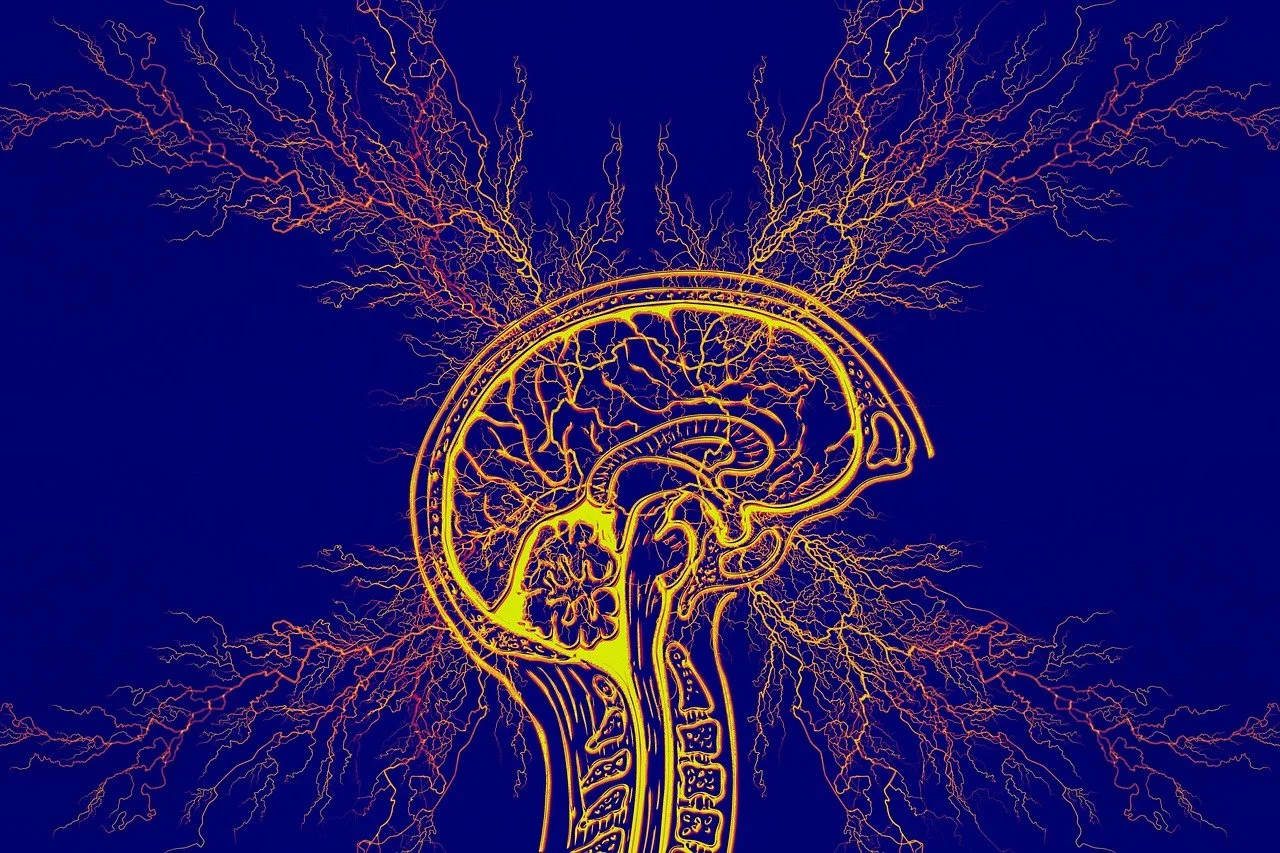If you’ve seen recent stories claiming “children on ADHD medication have a lower quality of life,” you’re not alone. It’s a big, worrying headline—especially if you’re a parent already juggling treatment decisions. Let’s slow this down and look at what was actually studied, why the media framing is misleading, and how to make sense of it for your family.
The study in a nutshell
Australian researchers analysed data from the Longitudinal Study of Australian Children, following more than 4,000 children over 13 years. They looked at ADHD symptoms and health-related quality of life (HRQoL) across childhood and adolescence. As you’d expect, kids with significant ADHD symptoms had lower average HRQoL than kids without symptoms—no surprise given ADHD brings real challenges at home, school and with peers. The authors also explored factors linked with lower HRQoL (e.g., co-occurring conditions, caregiver mental health) and noted an association with being on ADHD medication. Crucially, they warned this medication finding should be treated with caution because the medicated subgroup was small. SAGE JournalsRACGP9News
Why “medication lowers quality of life” is not a fair takeaway
Three big reasons:
Correlation ≠ causation
This was an observational study. It can spot patterns, not prove that one thing causes another. Kids who end up on medication usually have more severe ADHD and more impairment to begin with—a classic case of confounding by indication. If more-affected kids are the ones taking medicine, they may also start (and remain) with lower HRQoL for reasons unrelated to the medicine itself. The authors themselves flagged this nuance; several news pieces missed it or buried it. RACGP9NewsVery small medicated sample
The medication analysis was based on a small number of medicated participants in this dataset, especially in early childhood. Small cells produce unstable estimates—one or two children can swing results. The study and RACGP summary both caution against over-interpreting this point. RACGPMultiple other factors matter—often more
Lower HRQoL was also linked with co-occurring conditions (e.g., autism), being female, and caregiver mental health difficulties—all of which complicate the picture. In contrast, kids with two or more siblings tended to have better HRQoL—again highlighting that family and social context matter. Headlines that isolate “medication” ignore the broader ecosystem kids live in. RACGP
What does the wider evidence say about ADHD medication and quality of life?
When you zoom out to controlled trials (where groups are more comparable), medication tends to improve symptoms and shows small-to-moderate improvements in quality-of-life measures on average—especially as part of a multimodal plan that includes behavioural, educational and family supports. Recent meta-analytic work and major guideline summaries point in this direction, even while noting individual variability. ScienceDirectSpringerLink
How media coverage amplified worry
Some outlets ran with simple cause-and-effect language (“medication lowers QoL”) or led with alarming banners without front-footing the caveats above. Even where caution was mentioned, it often sat halfway down the page or in the final paragraph—well after the fear had landed. A more balanced summary (including the RACGP piece) noted the small medication subgroup and urged caution, but the snappier TV/online clips still tended to over-simplify. RACGP9News
What this does mean for families in Perth
ADHD affects wellbeing. That’s real and worthy of support.
Medication isn’t the villain. This study can’t tell us that medicine reduces quality of life. The “medication” signal is confounded by severity and small numbers.
Whole-family, multimodal care works best. Address ADHD symptoms and the environment: school supports, routines, sleep, physical activity, parent wellbeing, and skills coaching. That’s where the gains add up. RACGP
Practical questions to ask your GP or psychologist
“Given my child’s profile (symptoms, strengths, co-occurring conditions), what would a stepwise multimodal plan look like here in WA?”
“If we trial medication, how will we measure benefits and side-effects (teacher/parent ratings, sleep, appetite, mood, school feedback)?”
“What non-pharmacological supports can we add now (classroom accommodations, behavioural strategies, parent coaching, sleep and activity plans)?”
“How can we support caregiver mental health and reduce family stressors that may be impacting our child?” RACGP
Bottom line
This Australian study adds to an important conversation about ADHD and wellbeing—but it does not show that ADHD medication causes lower quality of life. The medicated subgroup was small, and the children on medication were likely those with greater difficulties to begin with. Decades of controlled research suggest medication can help many children when it’s individualised and embedded within a broader support plan. Before headlines, always ask: Is there causation here? How big was the subgroup? What else could explain the finding? SAGE JournalsRACGPScienceDirect
Sources for readers who want to dig deeper
Original paper (Journal of Attention Disorders, 2025) – longitudinal Australian cohort examining ADHD symptoms and HRQoL; authors caution about the small medicated subgroup and observational limitations. SAGE Journals
RACGP news summary (12 Aug 2025) – notes the small medication sample and emphasises holistic care. RACGP
Nine News coverage (Aug 2025) – typical broadcast framing; includes a line about cautious interpretation but headlines implied more certainty. 9News
JAACAP 2024/25 meta-analysis (medication & QoL) – RCT-based evidence showing small-to-moderate QoL improvements with ADHD medication on average. ScienceDirect








